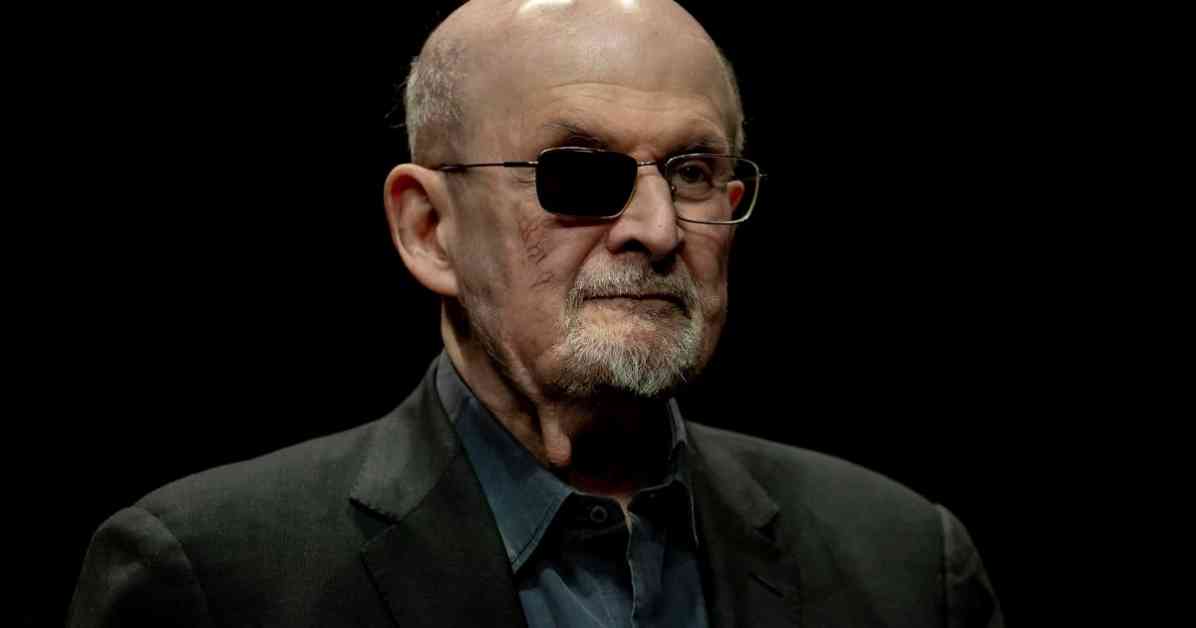Author Salman Rushdie’s attacker, Hadi Matar, faced justice in a New York courtroom, where he was found guilty of attempted murder and assault. Rushdie, a renowned novelist, was stabbed more than a dozen times during a lecture at the Chautauqua Institution in August 2022, resulting in severe injuries that left him blind in one eye. The trial, which included dramatic testimony from Rushdie himself, culminated in a swift verdict following a brief deliberation.
Salman Rushdie’s Harrowing Testimony
During the trial, Rushdie recounted the harrowing events of that fateful day, vividly describing the brutal attack that nearly claimed his life. He detailed the excruciating pain and long road to recovery he endured as a result of Matar’s actions. Rushdie’s gripping testimony provided jurors with a firsthand account of the traumatic incident, highlighting the gravity of the crimes committed against him.
As Rushdie took the stand, his presence in the courtroom added a poignant layer to the proceedings, underscoring the personal toll of Matar’s violent assault. The acclaimed author’s resilience in the face of adversity resonated with all those present, offering a glimpse into the profound impact of such a senseless act of aggression.
Legal Battle and Sentencing
Following the jury’s verdict, Matar, who showed little emotion upon hearing the outcome, was led away in handcuffs to await sentencing. The judge scheduled Matar’s sentencing for April 23, with the possibility of a lengthy prison term looming over him. Despite his defense team’s efforts to downplay the severity of the attack, the prosecution successfully argued for Matar’s culpability in the attempted murder of Rushdie.
Throughout the trial, the prosecution presented compelling evidence, including video footage of the assault, to support their case against Matar. District Attorney Jason Schmidt emphasized the premeditated nature of the attack, urging the jury to consider the deliberate intent behind Matar’s actions. The courtroom drama unfolded as both sides presented their arguments, painting a vivid picture of the events leading up to the violent confrontation on stage.
As the legal proceedings unfolded, Rushdie’s resilience and courage stood as a testament to the indomitable human spirit in the face of adversity. His unwavering determination to seek justice for the heinous crime committed against him served as a beacon of hope amid the darkness of violence and chaos.
The trial’s conclusion marked a pivotal moment in the quest for justice, shedding light on the enduring impact of Matar’s actions on Rushdie’s life and career. As the legal process continues, the scars of that fateful day serve as a stark reminder of the fragility of human life and the resilience of the human spirit in the face of unspeakable tragedy.









